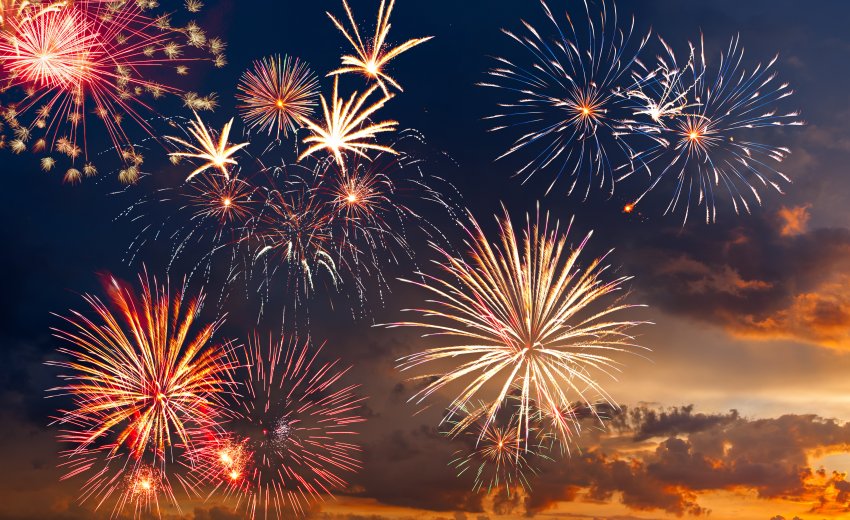For many Sikh Americans, the Fourth of July can mean a celebration of opportunity and pride, however, it can also be a time to reflect on what it means to be in a country where visible identity is often misunderstood.
The Fourth of July isn’t just about barbecues or displays of fireworks. For many Sikh families, it is a moment of genuine grounding to honor the resilience passed down through generations. However, in recent years, this celebration has raised many questions, one in particular lingers:
How can we celebrate and honor freedom, a sole pillar of this country, when the rhetoric around who “belongs” in America continuously grows more and more exclusive?
In recent weeks, a simple act of prayer—a Sikh granthi offering words of peace in the halls of Congress—was met with ignorance, misidentification, and exclusion. Giani Singh came in the spirit of Sarbat da Bhalla, the Sikh prayer for the well-being of all. Yet a United States Congresswoman questioned and condemned his presence in the Halls of Congress, at our nation’s capital, simply because of how he looked and what she assumed about his faith.
America prides itself on the diversity of its people, yet individuals continue to push the narrative that there is only “one” way to be American. The patka or turban, sacred within Sikhi, symbolizing honor and commitment, suddenly became a social indicator of danger. This narrow-mindedness reflects a deeper issue: discrimination that targets our community not for our actions, but for our appearances. Despite this, many Sikh Americans continue to celebrate the Fourth of July. Not by ignoring these contradictions, but by claiming space within them.
Sikh Americans are deeply patriotic. Many Sikh families came to America with hopes for opportunity and the desire to contribute meaningfully to the communities around them. The Fourth of July often serves as a reminder of how far we’ve come, and a reflection of how we can give back.
Future generations carry this spirit forward through service and celebration, for example through events like SALDEF’s event Langar on the Hill. This event is annually put together by SikhLEAD’s Washington D.C. cohort in early July. Langar—the Sikh practice of sharing a communal meal with all, regardless of religion, caste, status, or background—reminds us that we are all deeply connected and equally deserving of dignity.
For centuries, Sikhs have offered Langar as an act of service, equality, and love—a quiet but powerful stand against injustice and exclusion. In this event, this cohort of young leaders will be serving free langar on Capitol Hill to educate lawmakers about Sikhi and offer them a chance to connect directly with the Sikh American community, by utilizing Sikh values of seva to spread awareness of our faith. In moments like this, we are reminded that seva matters; these acts of love and community speak louder than ignorance ever could.
Being Sikh and American is not mutually exclusive. Sikh Americans continue to embody what it means to be American, embracing the values of freedom and well-being for all. During the 2024 “Celebrating Unity and Heritage” at Washington D.C.’s National Independence Parade, many Sikh participants shared how proud they felt to take part, honoring both their heritage and traditional practices of the holiday. ”Allowing the crowd to see our dastaars (turbans) brought happiness, empathetic emotions, and grew the community’s pride in embracing our identities,” a Sikh man shared in an interview with NEXT TV.
This July 4th, Sikh Americans will gather in many ways: some will attend parades, light sparklers with their children, and grill food with friends. Others may treat this day like any other, enjoying a moment of rest, choosing not to attend public celebrations. Both still belong. The idea that minority communities must contribute or perform patriotism to earn their place or to “belong” is simply untrue. Sikh Americans, like many others, belong in this country by existing fully and authentically. And they will continue to embrace this complexity, because that is truly the most American thing of all.
